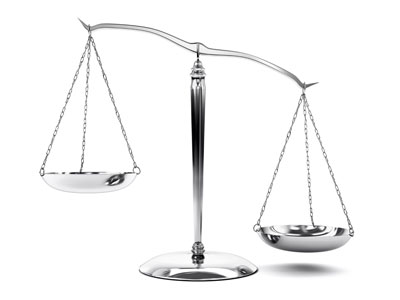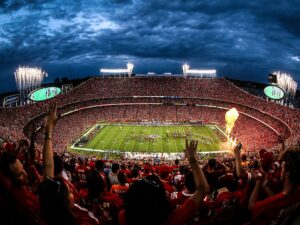The Dynamics of Odds: Unraveling the Mysteries of Sports Betting Fluctuations
In the dynamic world of sports betting, odds are the heartbeat that keeps the industry alive. They serve as a fundamental element, shaping the landscape for both bookmakers and punters. Yet, the ever-changing nature of odds often leaves bettors wondering why and how these numbers fluctuate. In this article, we delve into the intricacies of sports betting and explore the reasons behind the constant shifts in odds.
- Injury Updates and Team News:
One of the most significant factors influencing odds is the status of key players. Injuries, suspensions, or unexpected changes in the starting lineup can have a profound impact on a team’s performance. Bookmakers closely monitor team news and swiftly adjust odds to reflect the altered probabilities of success for each side. - Betting Volume and Market Trends:
The collective wisdom of the betting public plays a crucial role in determining odds. As money pours in on one side of a bet, bookmakers adjust the odds to encourage betting on the other side and balance their exposure. This shift is a response to market trends, reflecting the bookmakers’ efforts to mitigate potential losses. - Performance and Form:
Teams and athletes go through ups and downs in terms of performance. A winning streak or a series of impressive victories can lead to a surge in betting activity on a particular team or individual. Bookmakers respond by adjusting odds to reflect the perceived change in form and the likelihood of success. - Weather Conditions and Venue Changes:
External factors such as weather conditions or unexpected changes in the venue can have a significant impact on the outcome of a sporting event. Bookmakers closely monitor these variables and adjust odds accordingly, taking into account how such factors may favor or disadvantage certain teams or athletes. - Betting Syndicates and Sharp Punters:
The influence of professional bettors and betting syndicates cannot be underestimated. These sharp punters use advanced statistical models and extensive research to identify value in the betting markets. When they place large bets, bookmakers respond by adjusting the odds to reflect the perceived accuracy of these informed wagers. - Market Imbalances:
Bookmakers strive to maintain balanced books, ensuring that they have roughly equal amounts of money wagered on both sides of a bet. When there is an imbalance in betting, bookmakers adjust the odds to attract more bets on the less-favored side and reduce their potential liabilities.
Conclusion:
The fluidity of sports betting odds is a testament to the dynamic nature of the sports world. Whether influenced by player injuries, market trends, or external factors, odds adjustments are a continuous process aimed at reflecting the ever-changing landscape of sports events. As a bettor, understanding these factors can provide valuable insights, allowing you to make informed decisions and navigate the intricacies of the sports betting market with greater confidence.





